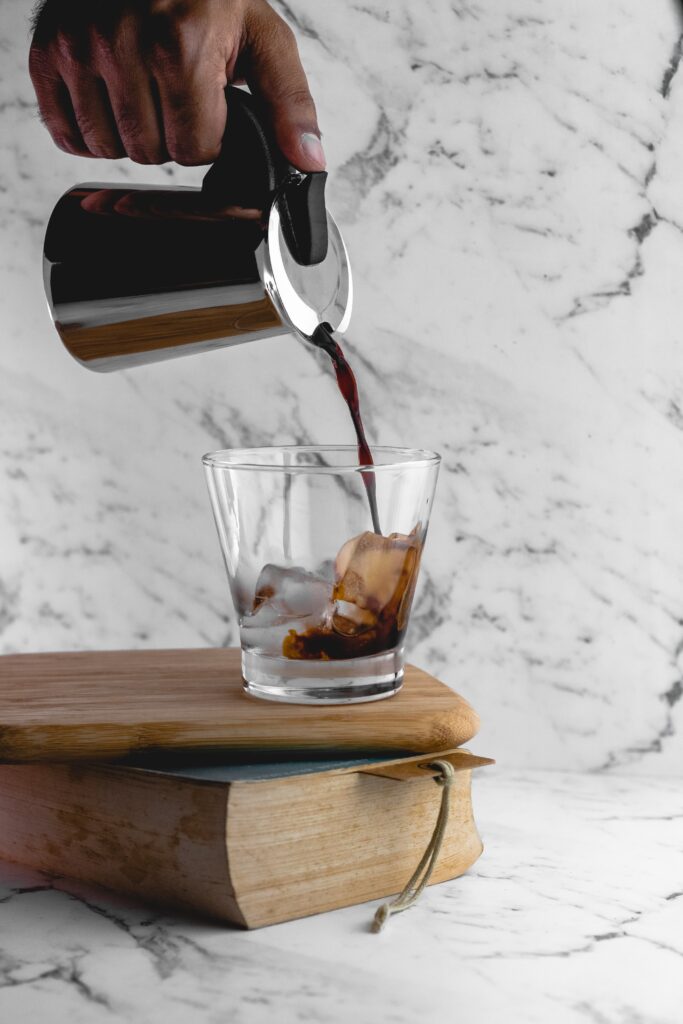The Return of Caffeinated Alcoholic Beverages: A Look at the Law

The inclusion of caffeine into alcoholic beverages has been an idea played with on and off over the years. A decade ago, caffeinated alcohol made a big splash on in the market. Malt beverage products like Four Loko, Joos, Max, and Moonshot saw rapid growth until 2010. In August 2023, reports began to circulate that Dunkin’ plans to launch Dunkin’ Spiked, a line of hard iced coffee and iced tea products. https://vinepair.com/booze-news/dunkin-spiked-coffee-tea/. Does this signal the return of Four Locos and other caffeinated alcoholic beverages from the late 2000s back into the market? Probably not.
The Law: No Caffeine Allowed
Federal law strictly prohibits the addition of caffeine to alcoholic beverages. This is not just a recent development; it has been in place for quite some time. Two important federal agencies, the US Food and Drug Administration (FDA) and the Alcoholic Beverages and Tobacco Tax & Trade Bureau (TTB), have voiced their stance on caffeine additives in alcoholic drinks.
FDA’s Determination
The FDA determined that caffeine, when added to alcoholic beverages, is an unsafe food additive. See FDA Notice dated November 17, 2010. As an unsafe food additive, adding caffeine to alcoholic beverage products means those products are adulterated under the Federal Food, Drug and Cosmetic Act (21 USC § 402(a)(2)(C). Adulterated food and beverages may be ceased by federal authorities.
TTB’s Role
The TTB, while not directly involved in regulating food safety, does have its say in the matter. It primarily focuses on regulating the labeling of alcoholic beverages under the Federal Alcohol Administration Act (FAA Act) (27 USC § 205). Since the FDA has already determined that adding caffeine to alcoholic products makes them adulterated, the TTB considers these products mislabeled. This means that alcoholic beverage products with added caffeine cannot be sold, shipped, delivered for sale or shipment, or introduced or received in interstate or foreign commerce, according to the TTB’s Industry Circular from November 23, 2010.
Consequences of Violations
Violations of the labeling provisions of the FAA Act are not taken lightly. They are punishable as misdemeanors, which means individuals or businesses found in violation can face criminal penalties. Alcoholic beverage industry members who knowingly violate the conditions of their permit concerning mislabeled or adulterated products may even have their permits suspended or revoked by the TTB. This underscores the importance of compliance with these regulations.
Conclusion
While the idea of caffeinated alcoholic beverages may be making a comeback with Dunkin’ Spiked, it’s essential to understand that federal law strictly prohibits adding caffeine to such products. The determinations by the FDA and the TTB make it clear that these drinks are considered unsafe and mislabeled, carrying legal consequences for violators. Therefore, the return of Four Lokos and other caffeinated alcoholic beverages from the late 2000s to the market is unlikely due to these legal restrictions.
Do you have questions about adding caffeine to alcoholic beverages? Contact us to schedule a consultation with a beverage attorney.
Because we’re attorneys: Disclaimer. Posted November 5, 2023.

